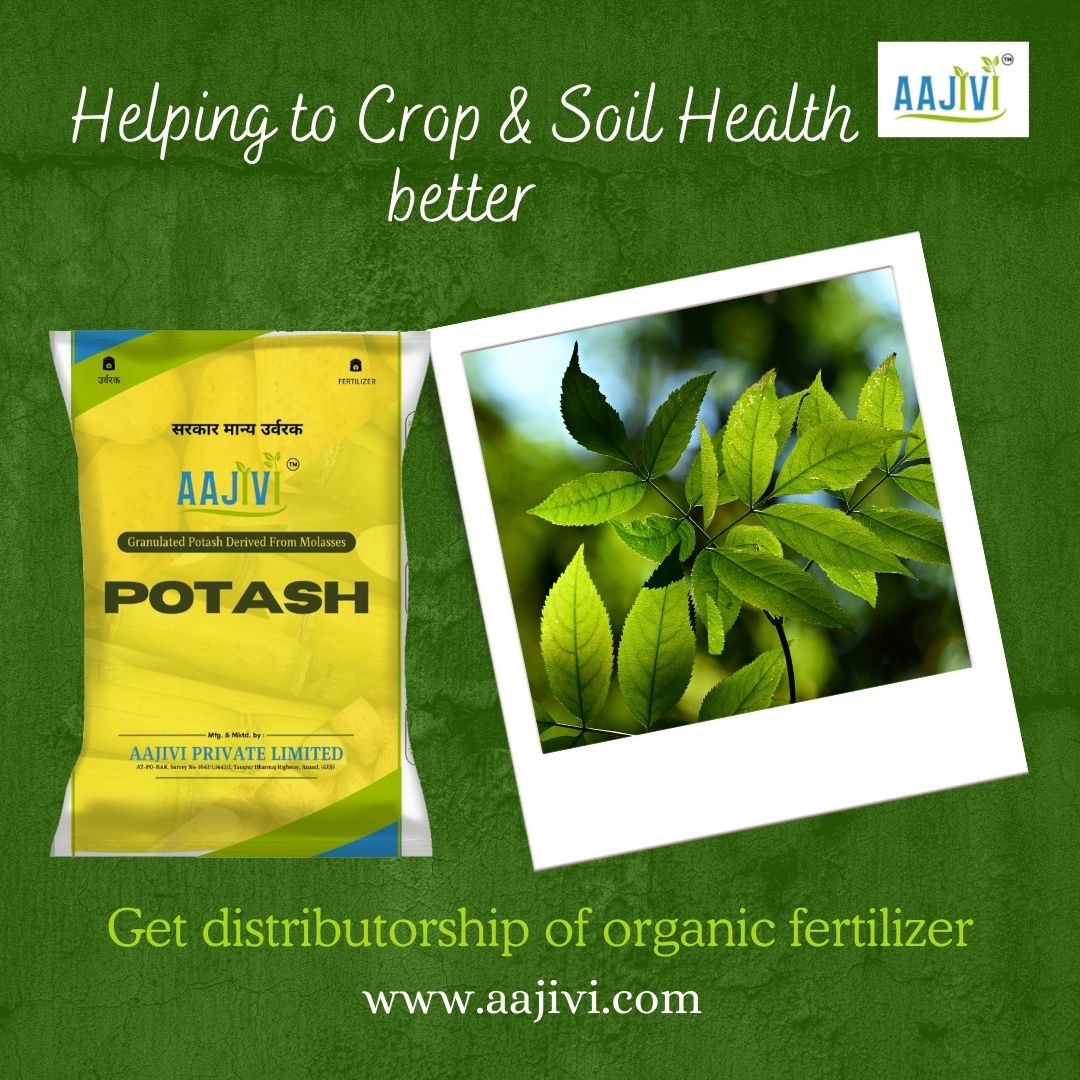Vermicomposting is a method that stands out in the ever-changing field of sustainable agriculture due to its nutritional value and eco-friendliness. The use of earthworms to break down organic matter in composting is an innovative technology that has gained popularity recently due to its many benefits. We will examine vermicompost's application in agriculture as well as its many advantages in this blog.
Acknowledging Vermicompost: Often called "worm humus" or "black gold," vermicompost is the byproduct of organic waste breaking down in earthworms' digestive tracts. These amazing animals ingest leftover food, plant waste, and other organic materials, turning them into a nutrient-rich humus-like substance. Fertilizer, enzymes, and nutrients that are good for plants are abundant in the finished product.
Advantages of Agriculture using Vermicompost:
Rich in Nutrients: Vermicompost is a rich source of nutrients that are vital for the growth of plants in the soil. High concentrations of micronutrients, calcium, magnesium, phosphorus, potassium, and nitrogen are present. It functions as a sustainable, natural fertilizer when mixed into the soil, giving plants a well-balanced nutritional profile.
Better Soil Structure: By enhancing drainage and water retention, the organic matter in vermicompost improves soil structure. This is especially helpful for soils that are prone to compaction or have weak structure. Vermicompost's crumbly texture allows for easier aeration and root penetration, which fosters the perfect environment for plant roots to grow.
Microbial Magic: Vermicompost contains a wealth of helpful microorganisms that enhance the biological variety of the soil, such as fungus and bacteria. These microbes support healthy soil, inhibit dangerous diseases, and help cycle nutrients. These microbes and plants have a symbiotic interaction that improves nutrient absorption and maintains overall plant vigor.
pH Regulation: Vermicompost has a neutral to slightly acidic pH, in contrast to artificial fertilizers that can change the pH of soil. Its ability to naturally regulate pH makes it an adaptable soil additive that may be used with a variety of crops. For nutrients to be available to plants and for their absorption to be effective, the soil's pH level must be kept at its ideal range.
Disease Suppression: Vermicompost's helpful bacteria help to keep diseases in check in the soil. By establishing a habitat that is hostile to hazardous microorganisms, they lower the possibility of illnesses transmitted through soil. An environmentally benign substitute for chemical pesticides is this natural disease resistance.
Enhanced Water Retention: Vermicompost has the power to enhance soil structure in ways that also benefit water retention. It improves water-use efficiency by assisting soil in retaining moisture for extended periods of time and lowering runoff. This is especially helpful in areas where there is a lack of water or irregular rainfall patterns.
Increasing Plant Development and Seed Germination: Vermicompost increases the rates of seed germination and encourages strong seedling development, according to studies. It gives young plants the vital nutrients and microbial assistance they need to swiftly establish themselves when added to potting mixes or used as a seed-starting medium.
Sustainable Environment: Reducing trash through vermicomposting is a sustainable environmental technique. Reducing the environmental effect of trash disposal and in line with the concepts of a circular economy, it diverts organic waste from landfills and turns it into usable compost.
Managing soil fertility holistically and sustainably may be achieved by including vermicompost into agricultural operations. For farmers, gardeners, and supporters of sustainable agriculture alike, its nutrient-rich content, enhanced soil structure, ability to reduce disease, and eco-friendliness make it an invaluable resource. Vermicomposting is a vital component in promoting soil health and a more environmentally friendly future for agriculture as we work toward more sustainable and regenerative agricultural practices.
Visit:-Bio fertilizer


No comments yet